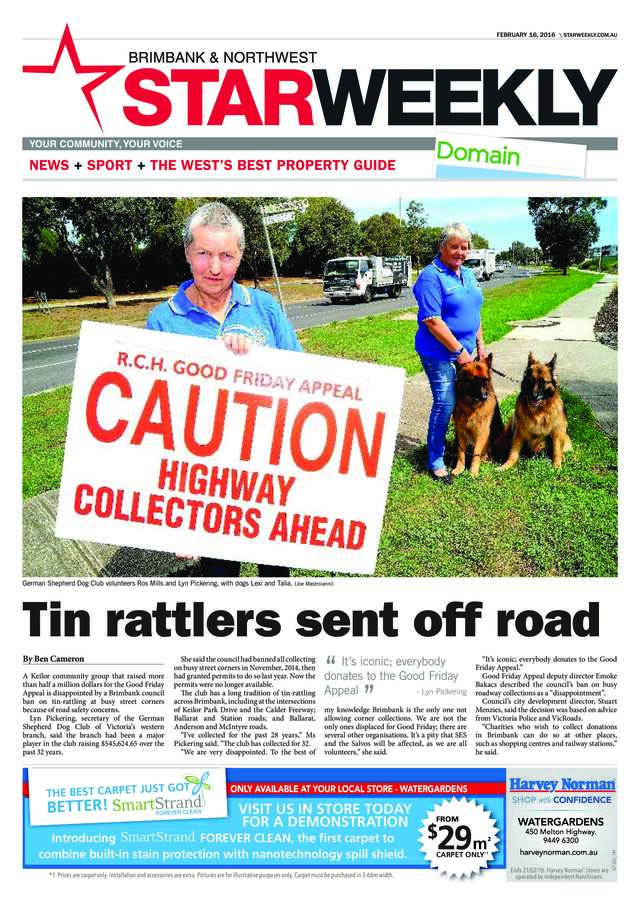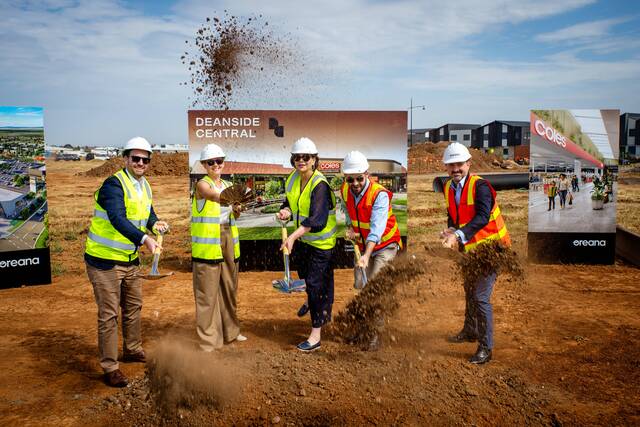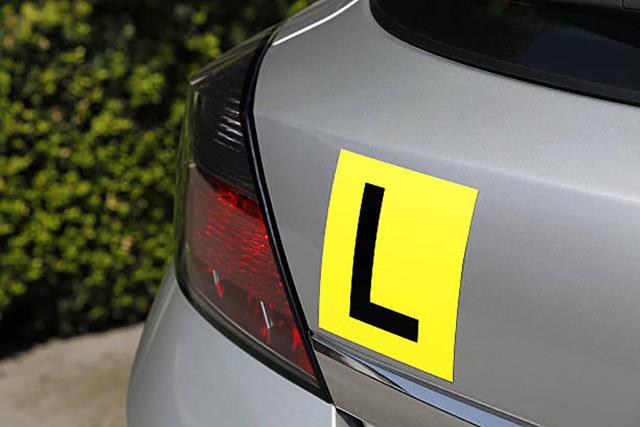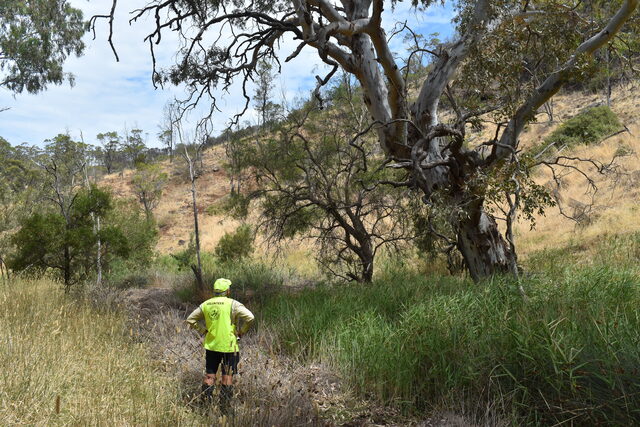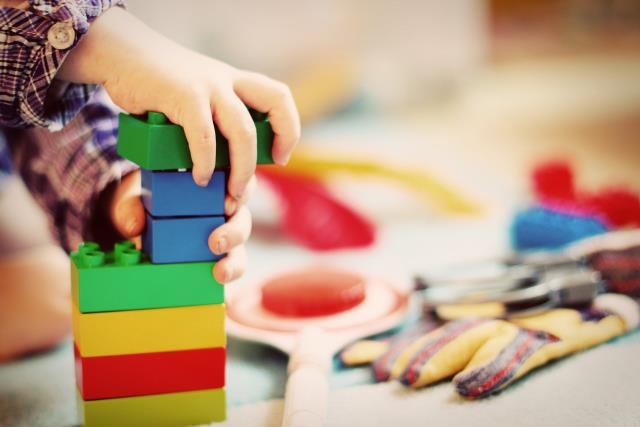Melton council has approved plans by Boral to build a replacement quarry processing plant at its Ravenhall site, despite 380 objections to the proposal.
In August, Boral lodged a planning application with the council seeking to replace the current processing plant, which was built in the 1960s.
Brimbank council was one of the objectors to the application, asking Melton council to ensure the new plant would be a “sufficient distance” from homes in Brimbank and that wind direction would be considered.
The new plant, which will be slightly north-west of the current one, off Riding Boundary Road, Truganina, is about 1.2 kilometres from the nearest house and more than two kilometres from the nearest established suburb.
Brimbank council also urged Melton council to request an environmental impact statement of Boral and asked that ongoing monitoring of operations and regular updates by independent environmental auditors be provided to the Boral Deer Park community liaison committee.
Concerns raised by the objectors cited air pollution from dust, odours, waste matter potentially being accepted on the site, and the timing of the development.
EPA approval
The application was referred to the Environment Protection Authority, which offered no objections or concerns about the proposal.
A Boral spokeswoman said the new processing plant would feature recycled water sprays at dust-emission points and noise reduction systems.
“All crushing equipment will be enclosed in buildings to capture dust and reduce noise,” she said. “Dust will be controlled by a combination of dry extraction, wet suppression and covered conveyors. Noise will be mitigated by vegetated bunds around the north and east sides.”
As a condition of its permit, Boral cannot accept materials from outside the site and must properly manage noise, air pollution and vehicle movement.
Deer Park resident Marion Martin objected to the application but said she was pleased Melton council had imposed restrictions on the permit. She was worried the hole dug by Boral could eventually be used for landfill.
“Our concern was the noise and air pollution, and the more holes they dig, the more area they can fill with garbage,” she said. “But if the new plant is going to bring down the dust levels, we’re extremely happy with that.”



